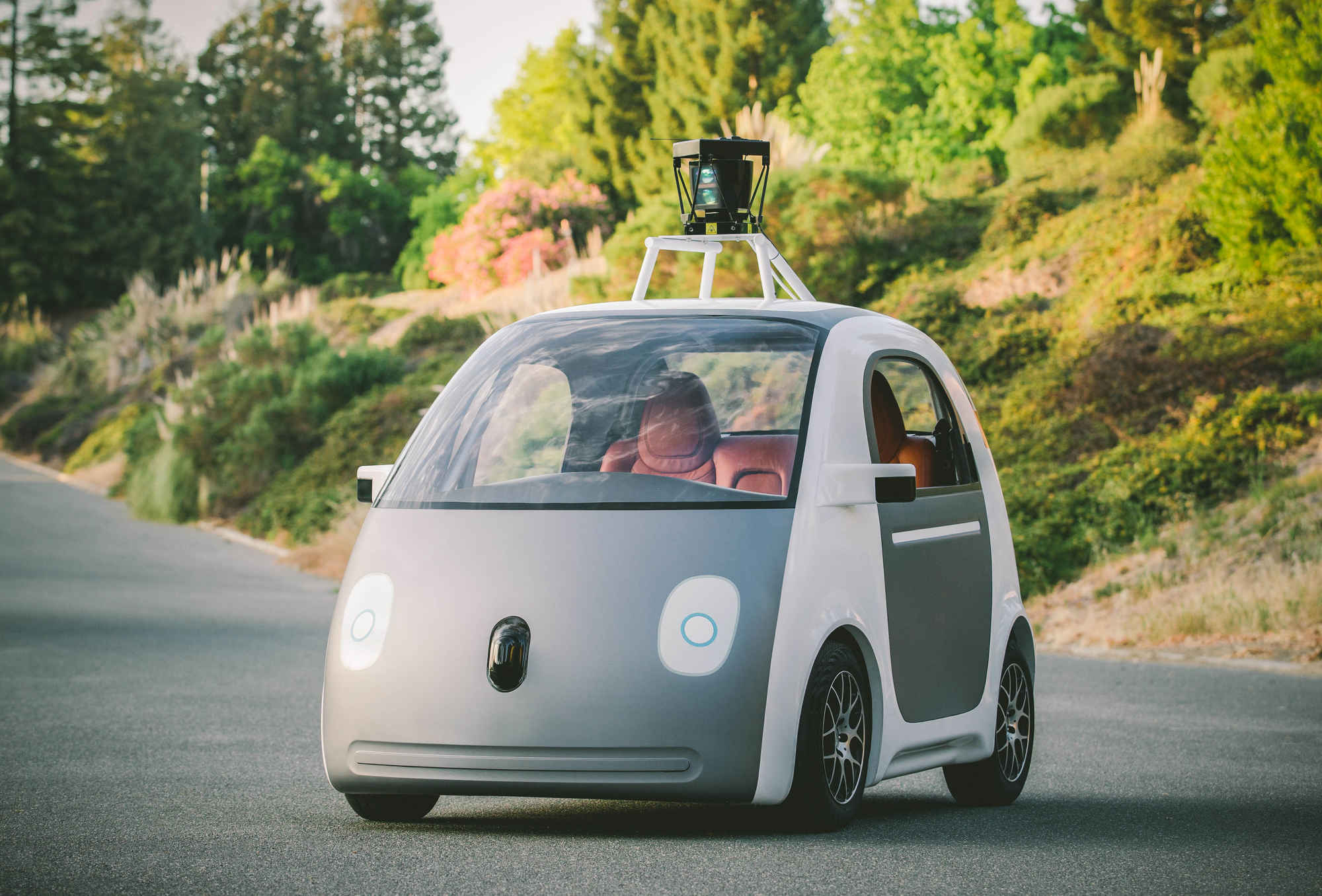Researchers prove self-driving cars can be hacked
Hackers can manipulate self-driving cars into seeing people, cars and walls


Hackers can fool self-driving cars into thinking obstructions such as cars, other people and walls are in front of them, forcing the vehicles to take action to evade the non-existent objects.
This would involve the car slowing down or stopping to avoid a collision and means, of course, that automated cars may be fundamentally insecure, vulnerable to cyber criminals armed with nothing more complex than a $60 low-power laser and pulse generator, according to IEEE Spectrum.
The pointer can compromise the reliability of the laser ranging system (lidar) used by self-driving cars to map the world around them. The vulnerability was discovered by researchers at software security company Security Innovation, and will be presented at the Black Hat Europe security conference later this year.
Jonathan Petit, principle scientist at Security Innovation, explained: "I can take echoes of a fake car and put them at any location I want. And I can do the same with a pedestrian or a wall.
"It's kind of a laser pointer, really," he added of the technology needed to hack the cars. "And you don't need the pulse generator when you do the attack. You can easily do it with a Raspberry Pi or an Arduino. It's really off the shelf."
Earlier this year, it was reported that BT Assure Ethical Hacking for Vehicles had been deployed to identify potential security issues present in driverless car technology before they could be exploited.
Back in June, two self-driving cars owned by Google and Delphi narrowly avoided a crash as companies tested the autonomous vehicles in Palo Alto. It was confirmed that over 1.7m miles driven by Google's cars, there had been only 11 accidents recorded.
Get the ITPro daily newsletter
Sign up today and you will receive a free copy of our Future Focus 2025 report - the leading guidance on AI, cybersecurity and other IT challenges as per 700+ senior executives
"There are ways to solve it," continued Petit. "A strong system that does misbehaviour detection could cross-check with other data and filter out those that aren't plausible. But I don't think carmakers have done it yet. This might be a good wake-up call for them."
Caroline has been writing about technology for more than a decade, switching between consumer smart home news and reviews and in-depth B2B industry coverage. In addition to her work for IT Pro and Cloud Pro, she has contributed to a number of titles including Expert Reviews, TechRadar, The Week and many more. She is currently the smart home editor across Future Publishing's homes titles.
You can get in touch with Caroline via email at caroline.preece@futurenet.com.
-
 Bigger salaries, more burnout: Is the CISO role in crisis?
Bigger salaries, more burnout: Is the CISO role in crisis?In-depth CISOs are more stressed than ever before – but why is this and what can be done?
By Kate O'Flaherty Published
-
 Cheap cyber crime kits can be bought on the dark web for less than $25
Cheap cyber crime kits can be bought on the dark web for less than $25News Research from NordVPN shows phishing kits are now widely available on the dark web and via messaging apps like Telegram, and are often selling for less than $25.
By Emma Woollacott Published